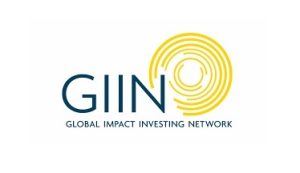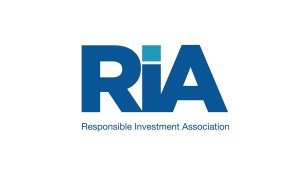2025 Global ESG Summary
The Harvard Law School Forum on Corporate Governance releases 2025 Global ESG Summary, aimed at analyzing the impact of ESG on investors, regulators, and enterprises.
Harvard University believes that global ESG development is still strong, and stakeholders’ attention to ESG continues to increase.
Related Post: Harvard University Releases Global Sustainable Investment Report
Global ESG and Investors
In 2025, the frequency of investors publicly using ESG terminology decreases, but the good performance of sustainable investment continues to incorporate ESG factors into investment decisions for asset owners and managers. These institutions have not abandoned the ESG framework but have shifted their focus from ESG expectations to material factors that drive long-term growth in their investment portfolios. ESG is transitioning from a standalone investment category to a common risk management tool and may continue to impact financial markets.
In addition to the public market, ESG methods for private equity and private credit investors are also more mature. These investors demand comprehensive ESG due diligence and improved ESG performance. Investors use it as a viable value leverage and incorporate ESG factors into project development, transactions, and exit processes.
Global ESG and Regulators
In 2025, global regulatory agencies show a relaxed attitude towards ESG policies, and the European Union plans to simplify sustainable regulatory policies while still maintaining key concepts such as climate related financial risks and double materiality. ESG regulatory policies will not disappear, and companies operating globally still need to comply with these disclosure requirements.
Some states in the United States are continuing to develop climate related disclosure policies and considering implementing new ESG requirements for institutional investors such as pension funds. Regulatory policies around green statements are also worth paying attention to. False ESG statements can bring legal, financial, and reputational risks, and avoiding greenwashing is a key focus of regulatory agencies.
Global ESG and Enterprises
The global development of ESG poses challenges and opportunities for enterprises, and although making ESG commitments may affect their relationships with stakeholders, there are still market opportunities:
- Focus on Materiality: Enterprises need to identify which ESG factors have a truly significant impact on their business model and allocate resources effectively.
- Communicate with Precision: Enterprises need to clearly articulate their ESG strategy and disclose progress towards their goals. Using vague communication can reduce information transparency.
- Embed Rather than Bolt-On: Enterprises need to incorporate ESG factors into their business processes to enhance sustainable competitive advantage. This type of action can better predict regulatory changes and increase trust among employees, customers, and investors.
Reference:





